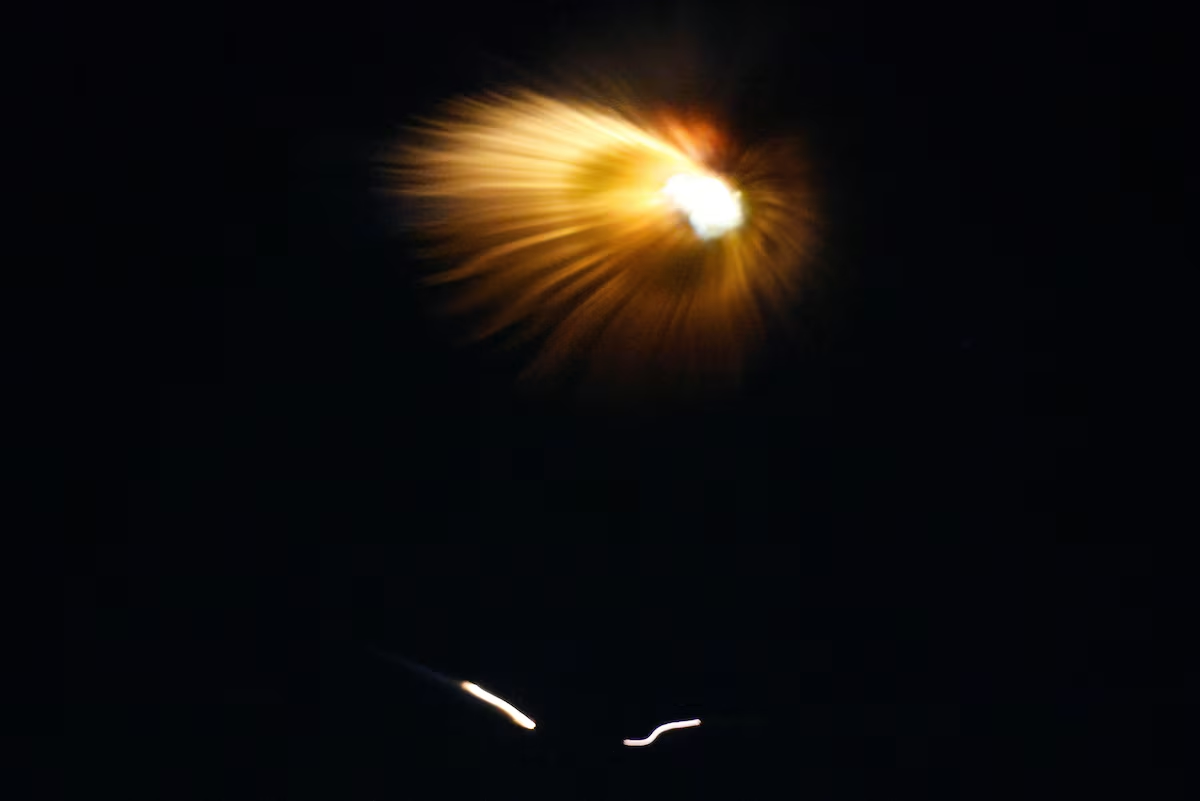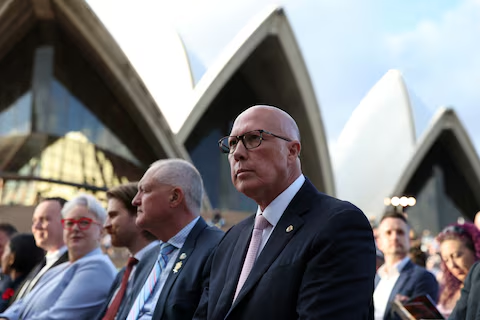Israel has announced that it successfully intercepted a missile fired from Yemen, raising alarms over the expanding geographic scope of the ongoing regional conflict. The missile, which officials say was launched by Houthi forces, was targeted by Israel’s advanced air defense systems and neutralized before reaching populated areas.
According to a statement from the Israeli military, the projectile was detected over the Red Sea and intercepted by the Arrow long-range missile defense system—part of Israel’s multi-layered shield against aerial threats. No casualties or damage have been reported.
This marks one of the few known direct attacks from Yemen toward Israeli territory since the escalation of hostilities in Gaza and southern Lebanon. The Israel Defense Forces (IDF) stated that the missile was part of “Iran-backed efforts to open a southern front against Israel,” referencing the Houthis’ ties to Tehran.
“The threat posed by the Iranian axis is not limited to one border,” said IDF spokesperson Rear Admiral Daniel Hagari. “We remain on high alert on all fronts—from Gaza and Lebanon to Syria and now Yemen.”
Yemen’s Houthi rebels, who control much of the country’s north and have been engaged in a years-long civil war against the internationally recognized government, have not immediately claimed responsibility for the missile. However, they have previously threatened to target Israel in response to Israeli military operations in Gaza.
This incident follows a series of drone and missile attacks launched by the Houthis toward Red Sea shipping lanes and U.S. naval vessels in the past year, incidents which have drawn international condemnation and retaliatory strikes from the United States and its allies. If confirmed, this latest launch marks a further escalation and a widening of the conflict zone.
Analysts suggest the missile launch could be a signal of growing regional coordination among Iran-aligned militias. “What we are seeing is a strategic messaging campaign by Iran’s proxies, showing their capacity to strike beyond their traditional theaters,” said Yoel Guzansky, a senior fellow at Israel’s Institute for National Security Studies.
The Israeli government has reiterated that it holds Iran ultimately responsible for attacks emanating from its allied militias, regardless of the launch location. Prime Minister Benjamin Netanyahu, speaking at a national security briefing, said: “We will respond to any threat, wherever it comes from. We are fighting a multi-front war, and we are prepared.”
The incident also caught the attention of international observers. The United Nations expressed concern about the potential for broader regional escalation, warning that an already volatile situation could spiral further out of control. “The missile from Yemen is a dangerous development,” said UN Middle East envoy Tor Wennesland. “All parties must avoid actions that could ignite a wider war.”
The United States, a close ally of Israel and a major force in the region, has yet to formally comment on the interception but has previously expressed concern about Houthi capabilities and Iran’s role in proliferating missile and drone technologies across the region. U.S. officials have consistently called for restraint while affirming Israel’s right to self-defense.
For Israel, the threat from Yemen adds a new layer of complexity to its already overextended military posture. In recent weeks, Israel has been engaged in fierce fighting in Gaza, conducted airstrikes in Syria, and faced rocket fire from Hezbollah in Lebanon. The possibility of simultaneous attacks from multiple fronts is raising questions about Israel’s capacity to sustain long-term, multi-theater defense.
Despite the success of the interception, Israeli defense officials cautioned that the risk remains high. “The interception today shows the strength of our defense systems, but it also demonstrates that our enemies are trying to probe our defenses from all directions,” said Defense Minister Yoav Gallant.
As the region braces for potential retaliation or follow-up attacks, observers warn that the involvement of Yemen signals an emerging new phase in the conflict—one that could engulf broader parts of the Middle East if not contained diplomatically.
Source: Reuters


